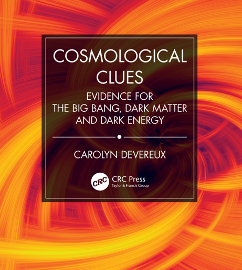GRADnet in collaboration with Mark Horner, Performance Pathways, successfully ran a three-day online course 15-17 February 2021 via Microsoft Teams for 30 delegates focusing on transferrable skills development. The workshop looked at the complexities of team working, effective communication and how to best perform in a team, remote team working, with the opportunity to develop leadership qualities and skills.
Participants explored the benefits of, and opportunities for, improved self and social awareness; gaining an understanding of one’s strengths and areas for support; looking at how one’s working style impacts on co-workers; developing the experience, skills and qualities needed for future leadership.
Working in teams, remotely, using some A4 sheets of paper, paper clips and sticky tape, delegates had to construct a paper structure and balance a plastic bottle on top.
Chris Brunskill, Head of UK Space Programme, D-Orbit kindly provided the challenge “Design of a commercial space service” where delegates had to pitch and present their business plan in under 15 minutes!
Congratulations to Team A who won the challenge: Adel Aljarid, University of Sussex, Josefine Gårn, University of Hertfordshire, Kai Sun, University of Southampton, Terje Theisen, Royal Holloway University of London and Hannah Wood, University of Sussex. They chose to start a satellite company for the remote censoring of crop fields to help farmers and insurance companies with crop fields.
This years’ Winter School was due to take place at Cumberland Lodge, Great Park Windsor, but was switched to online delivery due to the current Covid-19 lockdown. The tech worked and thankfully everything ran very smoothly.
Feedback from participants:
- “Good organisation of the workshop, communicating schedules and resources etc. and using the technology to make this work remotely”.
- “The workshop facilitators were great and very effective. They did a great job motivating me to do my best.”
- “Thank you for a great event! I really enjoyed myself and both Mark and Chris were great.”



